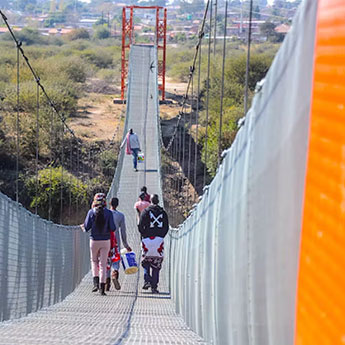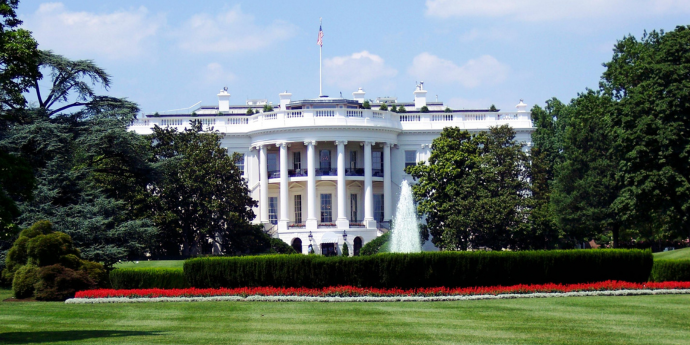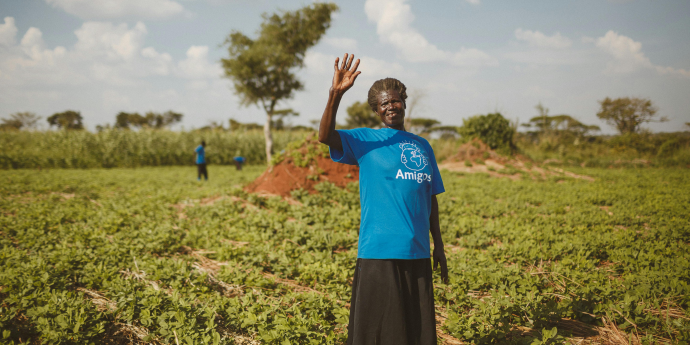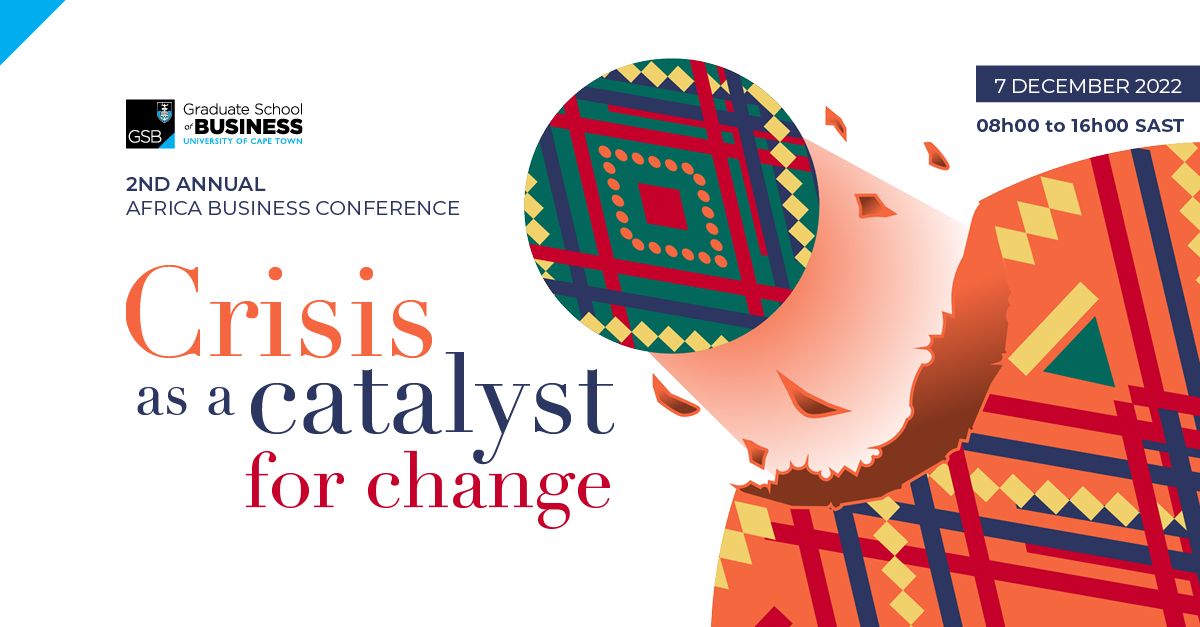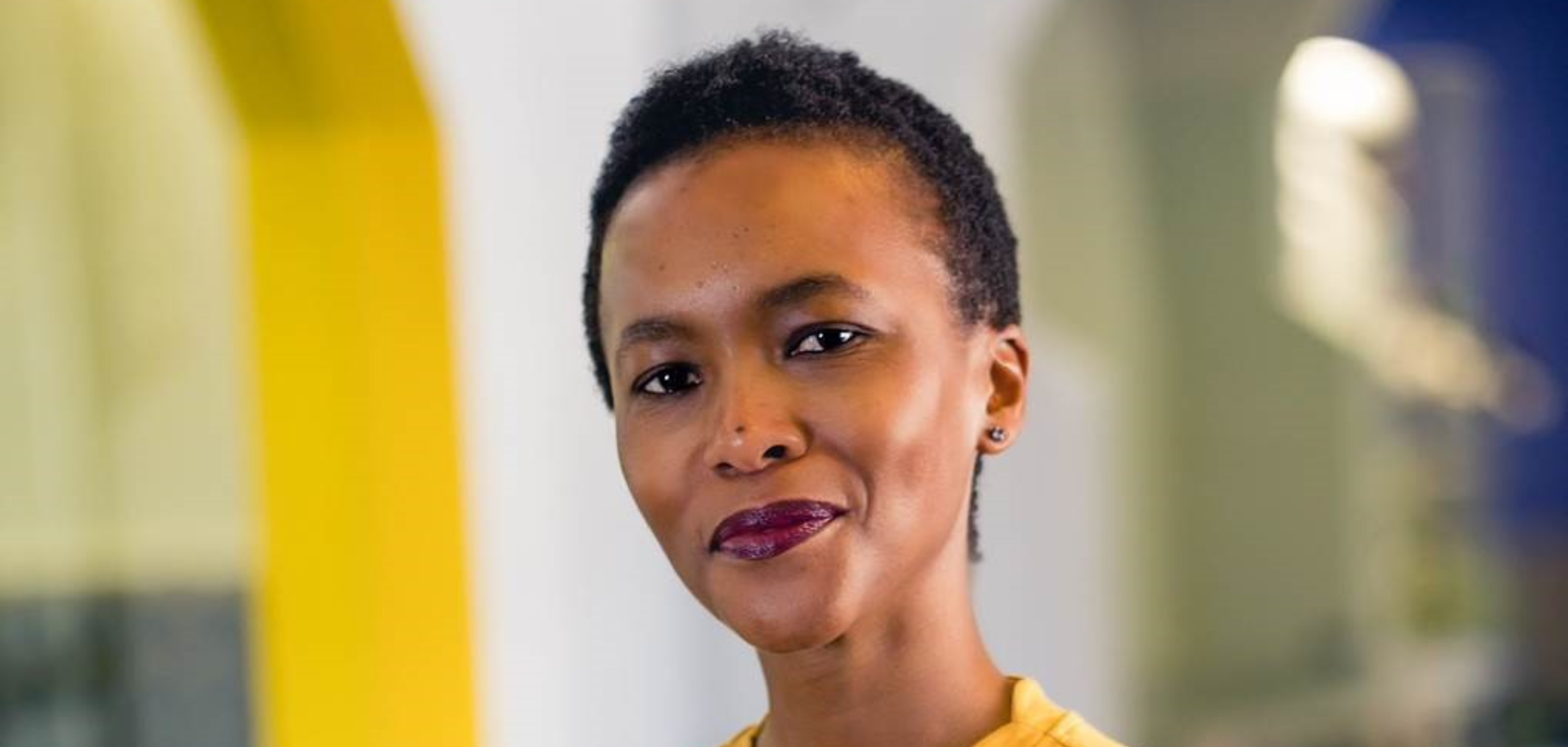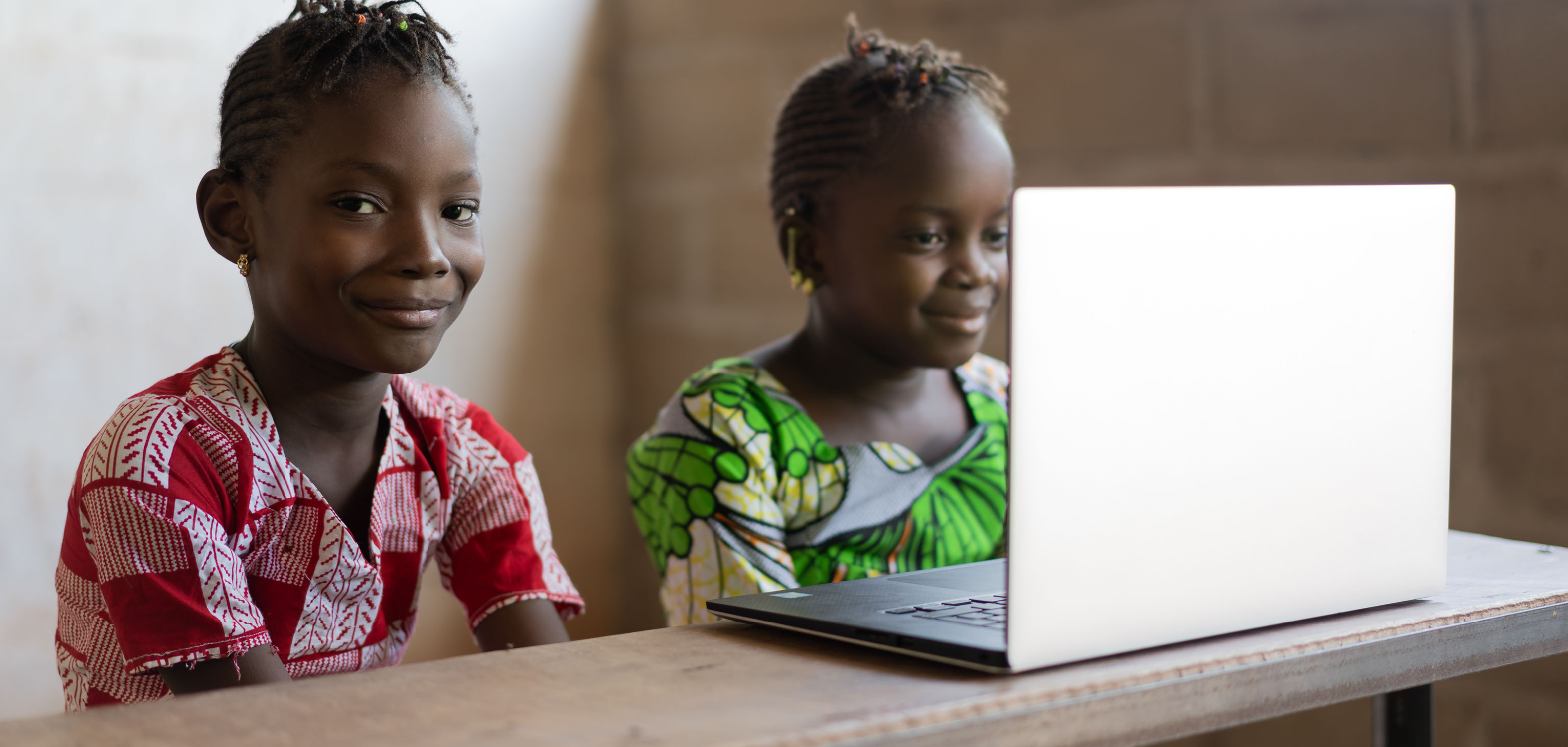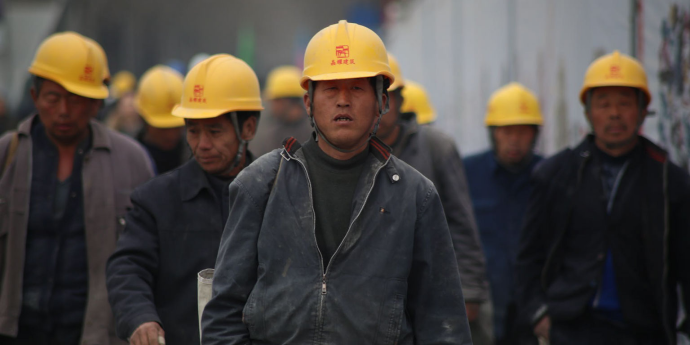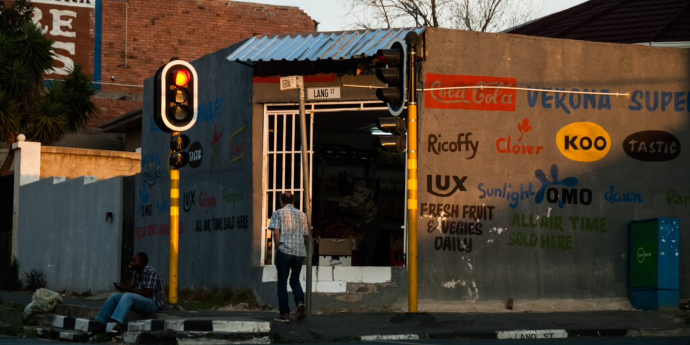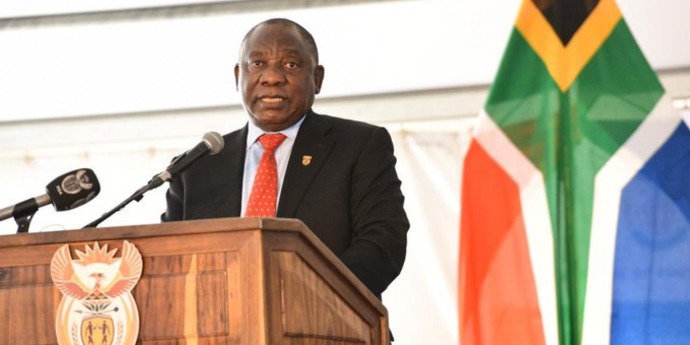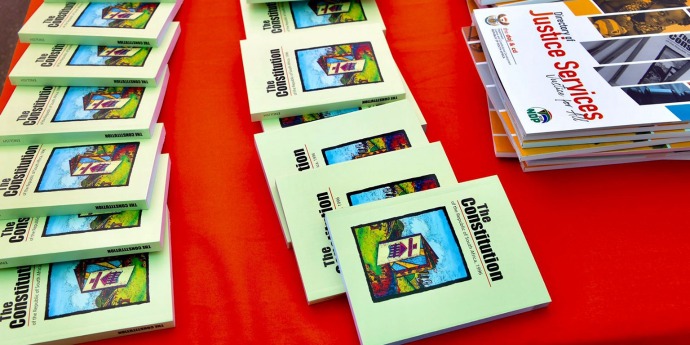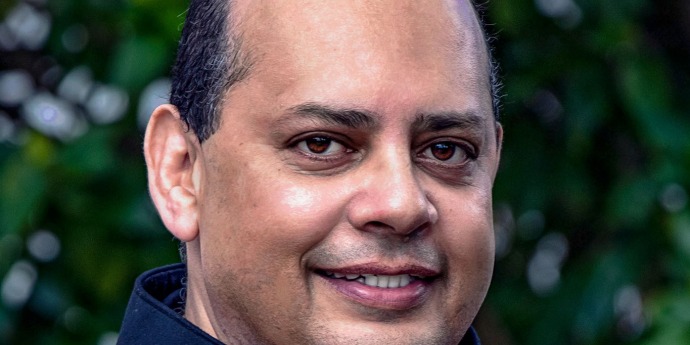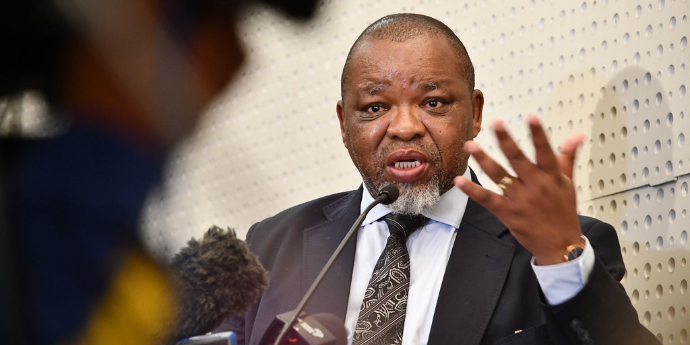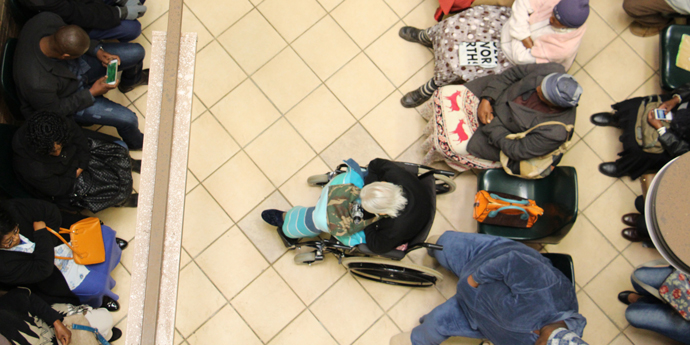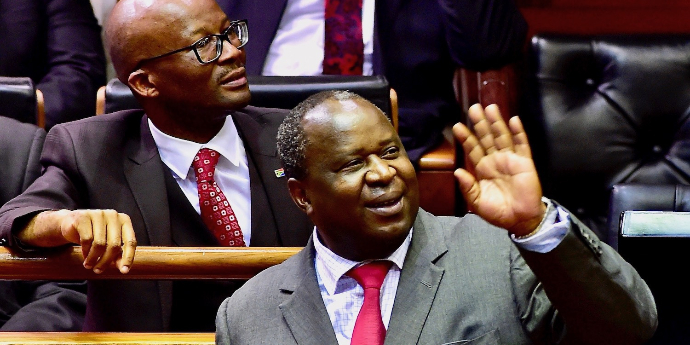Authors Abdul Latif Alhassan,University of Cape Town and Bomikazi Zeka, University of Canberra.
Development finance is the invisible glue that connects public and private financing for projects that have social, economic and environmental outcomes. These include improved infrastructure, better waste management and sanitation, financial inclusion, clean energy and sustainable agriculture.
The goal of development finance is to create positive social, economic or environmental outcomes through investments made by financial institutions such as banks, insurance companies and pension funds in addition to contributions made by development finance institutions, multilateral partners and NGOs. These investments generally generate spillovers into the development agendas of African countries. The contribution of NGOs such as philanthropic and civil society organisations may not be financial. Their contributions come through advocacy, activism, community engagement, research or social services. Development finance experts Latif Alhassan and Bomikazi Zeka explain how it works.
Why is it important?
Development finance addresses the failures or limitations of traditional financial institutions such as banks. It does this by allocating resources to social needs such as education, health, infrastructure and energy.
The essence of development finance is to mobilise both financial and non-financial resources through partnership among development funders and stakeholders. The aim is to achieve development outcomes that would not have happened without their intervention or contribution.
The Infrastructure Consortium for Africa is an example of this kind of partnership. It is made up of multilateral partners and development finance institutions. In 2019/2020 it mobilised and invested US$83 billion for the development of energy, water, transport and sanitation infrastructure.
Development finance can also draw in additional funding from private entities to finance projects with socially and environmentally desirable outcomes. Traditional financial institutions such as banks don’t have the incentives to do this. But a network of development funders and stakeholders can help raise funding. It can also draw on different kinds of expertise.
What’s the difference between development finance and corporate finance?
Corporate finance emphasises the principles of risk and return. The funding of any economic activity largely depends on how risky the activity is and its ability to generate revenue. Institutions like banks, asset managers and insurance companies make investment decisions on the basis of risk versus return. This makes it harder to fund projects and activities with sustainable development outcomes because the risks are often high. And revenue streams aren’t always assured. An example would be providing finance for small businesses.
Development finance considers other factors alongside risk and return. Social impact may be one. Because it applies a wider lens, other key players are more involved. They include:
-
governments at national, provisional and local level
-
multilateral partners (such as donor agencies and climate funds)
-
development finance institutions like the World Bank Group, African Development Bank, Afrexim Bank, Industrial Development Corporation, Development Bank of Southern Africa and Development Bank of Nigeria
-
NGOs (philanthropic organisations and civil society organisations).
Financial institutions, such as banks, insurance companies, investment companies and pension funds, do also get involved sometimes. But this is usually through the use of responsible investment strategies. These incorporate environmental, social and governance factors into investment decisions.
Development funders provide more than just debt and equity capital. They provide concessionary loans, venture philanthropy, project finance, grants, sustainable financial instruments (such as green bonds and other forms of responsible investing) and advocacy or activism engagements.
Development finance institutions are intentional about promoting sustainable development. Instruments such as venture and patient capital recognise that small businesses face funding and cash flow challenges. They allow for more flexibility in lending arrangements.
How do countries access it? Is it harder for African countries?
In Africa, development projects have traditionally been funded by national governments through annual budgetary allocations. In some cases national development banks have been set up.
The problem with relying on national budgets is that it places a lot of pressure on the taxpayer as a source of revenue.
Huge financial commitments are required for countries on the continent to achieve the development goals they’ve set for themselves. For example, the African Union plans to transform Africa into a global powerhouse by the year 2063. For its part, the United Nations has an agenda for all countries to carry out a sustainable development plan by 2030.
The annual estimated funding requirements to achieve these plans is US$200 million. The financing gap for the African context until 2030 is US$1.6 trillion.
Collaboration with development funders and stakeholders is needed to achieve this.
What three things stand out as windfalls from development finance?
Firstly, stimulating economic activities by financing the initiatives of vulnerable or marginalised groups.
For example, women-owned businesses find it difficult to access funding. Development finance institutions are well placed to step in. Examples include the Development Bank of Ghana, Development Bank of Namibia, Development Bank of Mauritius and Eswatini Development Finance Corporation. They can help local businesses to keep afloat during tough times. For example, the Small Enterprise Finance Agency was set up in South Africa to help businesses affected by the rioting in 2021.
Secondly, assisting with infrastructure development. Projects can be funded that align with the needs of communities, private stakeholders and the public sector.
Thirdly, financing global challenges such as the just energy transition and the effects of climate change. For instance, development finance institutions have spearheaded the funding of climate mitigation and adaptation measures, through the provision of US$120 billion in 2012. This went up to US$200 billion by 2018.![]()
Abdul Latif Alhassan, Professor of Development Finance & Insurance, University of Cape Town and Bomikazi Zeka, Associate Professor in Finance and Financial Planning, University of Canberra.
Photo The upgraded Kudube pedestrian bridge in Hammanskraal, South Africa. Frennie Shivambu/Gallo Images via Getty Images.
This article is republished from The Conversation under a Creative Commons license. Read the original article.

